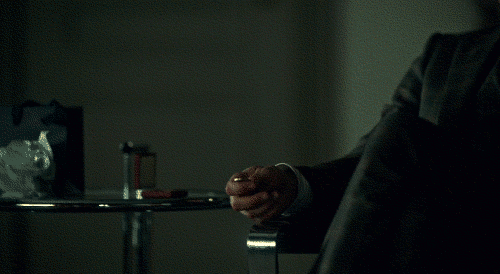Considering quitting your job? Don't bother flipping a coin, just go for it

When forced to make an impossibly difficult decision, such as accepting a job offer and leaving another, I’ve often resorted to flipping a coin and then going with my gut feeling that I got from results.
But a new working paper says I may be going about this process entirely the wrong way, and that, in fact, I should probably opt to make a change regardless.
The research, titled “Heads or tails: The impact of a coin toss on major life decisions and subsequent happiness,” by University of Chicago economics professor and co-author of “Freakonomics,” Steven Levitt, found that people reported being “substantially happier” months after they went ahead with an important decision, such as quitting a job, ending a relationship or starting a business.
“If the results are correct, then admonitions such as ‘winners never quit and quitters never win,’ while well-meaning, may actually be extremely poor advice,” Levitt wrote in the paper.
To come up with the results, Levitt created a website asking participants who were struggling with a life decision to answer questions about their conundrums.
Then, options (e.g. quit or stay at your job) were assigned to two sides of a coin, with one being the final choice.
Participants were also asked to offer up a friend or family member who could verify if they went through with the results of the coin flip.
The outcome was randomized and they were shown the results.
Participants and their correspondents were then re-surveyed two and six months after the initial coin toss.
Over a year of data collection, more than 20,000 coins were flipped.
In terms of the questions that were rated as “important” by the study, the most popular were:
“Should I quit my job?” which received 2,186 tosses;
“Should I break up with my significant other?” which received 1,686 tosses;
“Should I go back to school?” which received 1,203 tosses;
“Should I start my own business?” which received 893 tosses.
And Levitt found that those who were told by the coin to make a change were not only more likely to go through with it but also more likely to feel better about themselves down the road than those who were instructed to maintain the status quo.
“When it comes to ‘important decisions’ … making a change appears to be not only correlated with increased self-reported happiness but also causally related, especially six months after the coin toss,” Levitt wrote.
“Those who were instructed by the coin toss to make a change were both more likely to make the change … and, on average report great happiness on the follow-up surveys,” he added, noting that about 63 per cent respondent adhered to the results of the coin toss after two month, including 56 per cent of those facing “important decisions.”
Levitt said the results suggest that people may be “excessively cautious when facing life-changing choices.”
In contrast, decisions designated “less important” – such as “Should I break my bad habit?” “Should I go on a diet” “Should I quit drinking” and “Should I try online dating” – in general, did not have a “measurable impact” on happiness after the fact.
The study does have some limitations: participants were recruited through Freakonomics-related social media and were likely to be aware and supportive of Levitt’s research; respondents tended to be young, male and highly educated; and the subject pool was limited to those facing dilemmas and were open to solving them with the flip of a coin.
But maybe next time you’re faced with making a tough life decision, keep the coin in your wallet.

 Yahoo Finance
Yahoo Finance 
